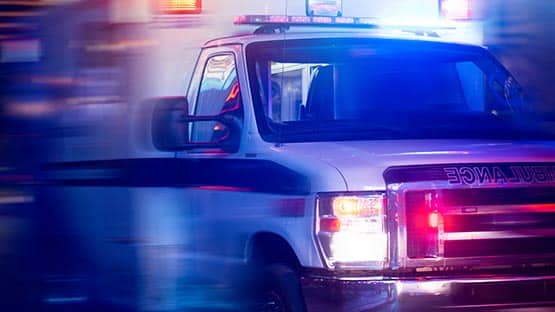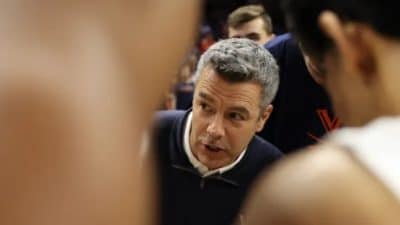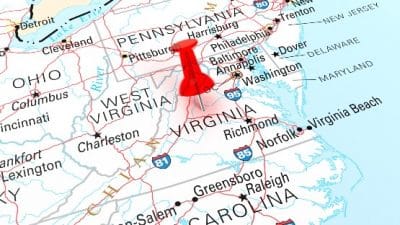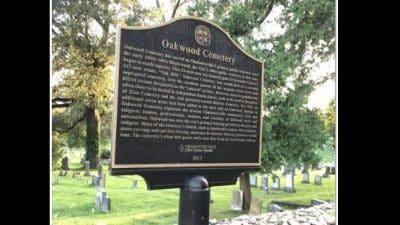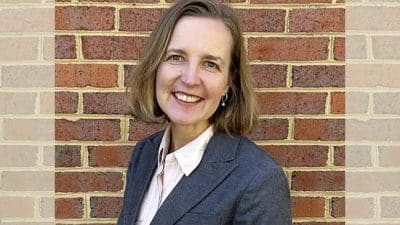
“What they tell us as far as agents go is don’t talk to them until after the season that you’re eligible. It’s something that I don’t think we have to worry about, because our coach stresses it to us, and we have guys come in to talk to us and tell us how not to get in trouble,” said Tyrod Taylor, the star quarterback at Virginia Tech, which routinely sends players to the NFL.
The issue has come to a head with the recent investigations launched by the NCAA and North Carolina Secretary of State Elaine Austin into possible illicit dealings between agents and two star players in the UNC football program, wide receiver Greg Little and defensive tackle Marvin Austin.
North Carolina is among the 42 states with laws on the books regulating agent-athlete relations. The NCAA has its own rules in place regarding when student-athletes can be in contact with agents or agent representatives, but the main sanction that the NCAA has is removing a player’s eligibility.
UNC football coach Butch Davis, at the epicenter of the ongoing recent controversy, thinks the key might be stricter state and federal laws.
“It may be part of the solution – that anybody that does co-opt or get kids into any kind of situation like that, maybe they do need some jail time, maybe they need some fines, maybe they need to lose their license, maybe they need to lose the ability to represent clients. That might be one of the best deterrents,” Davis said.
Atlantic Coast Conference Commissioner John Swofford joins Davis in advocating for stricter laws.
“Having been an AD for 17 years before being in this job for 13, the problem has been there. Believe me, as an AD, or as a coach, you feel vulnerable, to an extent, because it’s not an easy situation to control from an institutional standpoint,” Swofford said.
Swofford also thinks the players associations with the NFL and NBA need to give the NCAA help in dealing with agents and runners who act outside the bounds of NCAA regulations and relevant state laws.
“We as a collegiate community have no (sway) with that group of people,” Swofford said.
University of Virginia senior defensive back Ras-I Dowling, a projected first-round NFL draft pick next spring, is taking the sway out of the process.
“I don’t even buy into it. I’ll wait until after the season to deal with agents. If anybody contacts me, I tell them to contact my father,” Dowling said.
The reason why might make him more valuable to NFL draft-room czars next April.
“What are we talking to agents for? We’ve still got a season to play. You don’t know how that season is going to go,” Dowling said.
Story by Chris Graham. Chris can be reached at [email protected].



